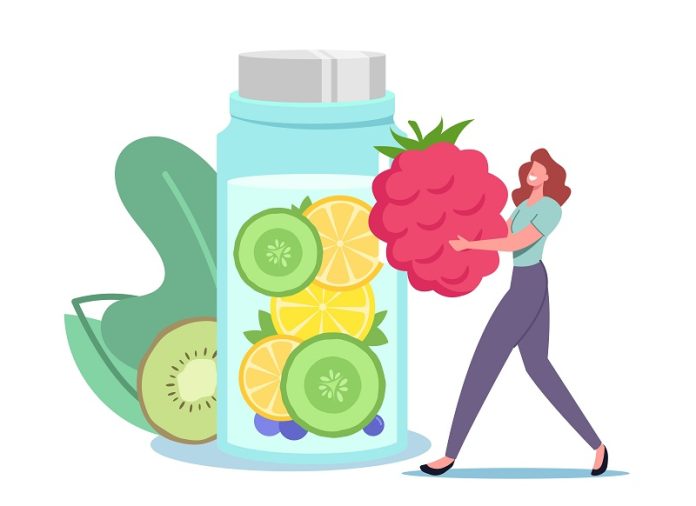
As the global population ages, many older adults experience symptoms of depression.
These symptoms can include feelings of sadness, lack of enjoyment, slower thinking, reduced motivation, trouble sleeping, poor concentration, and fatigue.
These issues are often linked to changes in the brain that happen as we age.
With the growing need to keep older adults healthy, researchers are exploring how diet might help prevent depression in later life.
A new study from the Yong Loo Lin School of Medicine at the National University of Singapore (NUS Medicine) suggests that eating more fruits during midlife could reduce the risk of depression in later years.
The study tracked 13,738 participants over 20 years as part of the Singapore Chinese Health Study, a large population-based research project. Researchers found that people who ate more fruit during their middle years were less likely to experience symptoms of depression later in life.
The study focused on 14 types of fruits commonly eaten in Singapore, including oranges, bananas, papayas, apples, and watermelons.
The results showed that eating most of these fruits was linked to a lower risk of depression.
Researchers believe this is because fruits are rich in antioxidants and anti-inflammatory nutrients, like vitamin C, carotenoids, and flavonoids. These nutrients help reduce oxidative stress and inflammation, which are thought to contribute to depression.
Interestingly, the study found no link between vegetable consumption and a reduced risk of depression. While vegetables are healthy for many reasons, they didn’t seem to have the same protective effect on mental health as fruits did in this study.
The findings, published in the Journal of Nutrition, Health and Aging, highlight the importance of eating fruits to help prevent depression as we age.
Professor Koh Woon Puay, the lead researcher, explained that eating at least three servings of fruit per day during midlife could lower the risk of depression in later years by up to 21%.
This could be as simple as eating one or two servings of fruit after each meal.
The study also found that it didn’t matter whether the fruit had a high or low glycemic index (GI), which measures how quickly a food raises blood sugar levels.
This is important for people with diabetes, as they can choose fruits with a lower GI to avoid spikes in blood sugar while still benefiting from the protective effects of fruit.
The research team gathered data from participants over two periods. From 1993 to 1998, when the participants were around 51 years old, they completed questionnaires about their daily fruit and vegetable intake.
Then, between 2014 and 2016, when the participants were about 73 years old, their depressive symptoms were assessed using a standard test. About 23% of the participants showed signs of depression.
After accounting for factors like medical history, smoking, exercise, and sleep, the researchers found a clear link between higher fruit consumption and lower odds of depression. However, no such link was found with vegetables.
This study provides valuable insights, especially for Asian populations, and emphasizes the long-term mental health benefits of eating fruit during middle age.
Public health initiatives could promote greater fruit consumption to help people stay mentally healthy as they age.
If you care about mental health, please read studies about how dairy foods may influence depression risk, and 6 foods you can eat to improve mental health.
For more mental health information, please see recent studies about top foods to tame your stress, and Omega-3 fats may help reduce depression.



